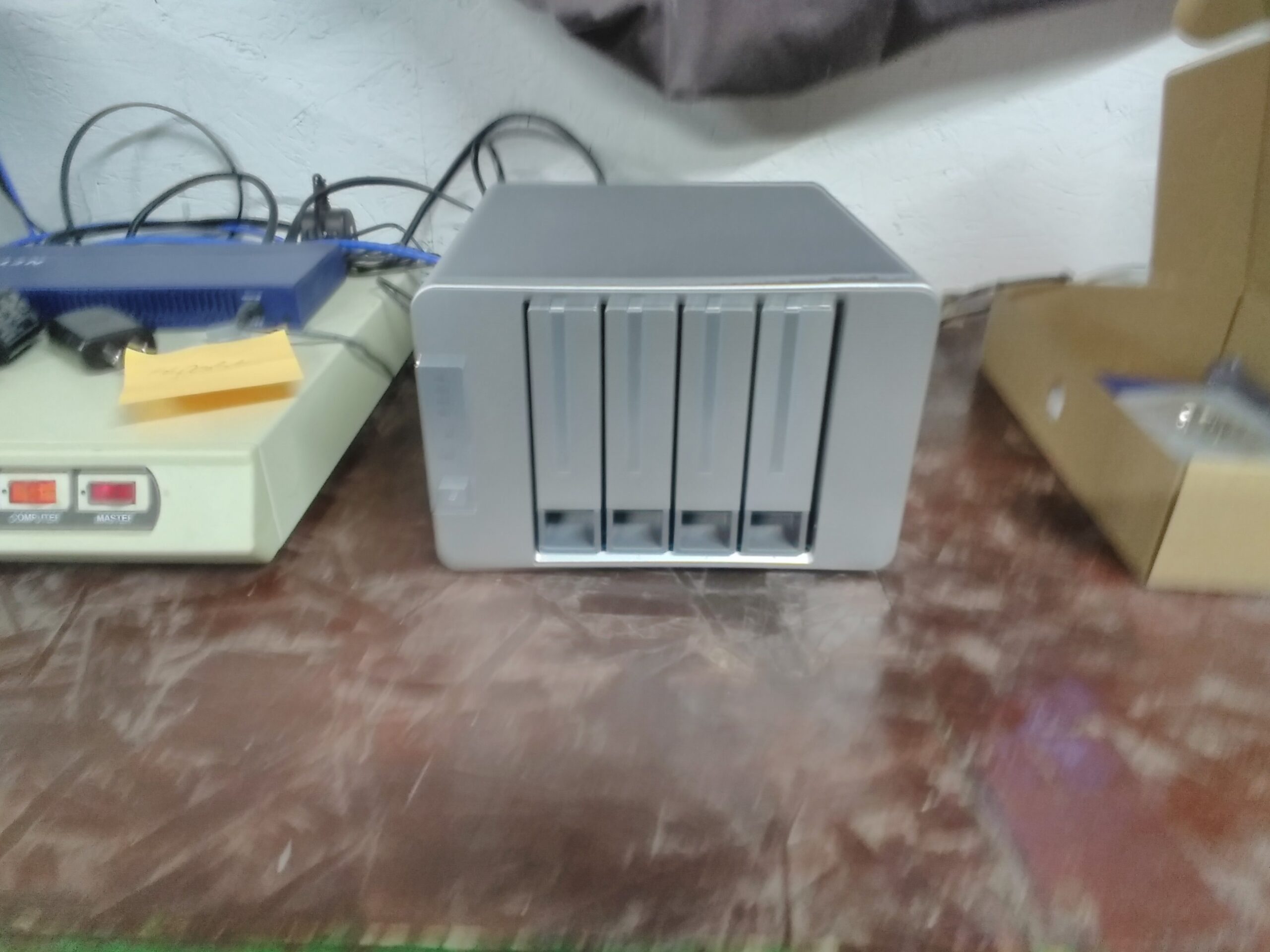Gecko Linux is a wee bit different than my original article on this topic. Still, you can kind of muddle your way through using that Debian based article. Gecko is Open SuSE based, therefore uses RPMs and has different package names. Ahhhh, the blissful anarchy of Linux . . . and people wonder why it isn’t more widely adopted!
I will assume you did the first part of the previous article and already have your F4-210 setup to play nice with Linux in general.
Configure Samba
sudo zypper install cifs-utils samba smbclient nmap samba-common
sudo nano /etc/samba/smb.confBelow the “bind interfaces” line in the Global section.
client min protocol = SMB2
client max protocol = SMB3Exit and save.
sudo systemctl restart smbd.serviceMount Command
Now that you have Samba working like it should be it is time to create your command file and put it some place it can be found. Yes, there are supposedly hidden directories that RPM based distros look for in your $HOME. I don’t like that and neither should you. I don’t care what they argument is for “security.” When it comes to trouble shooting it’s a royal pain in the ass. When someone has in their hidden directory a command that conflicts/replaces a system command you can spend days trying to track down the problem.
cd
mkdir bin
cd bin
nano mount-tnas
# paste the following into the file and save.
# remember to change the user and the directory to match what you have.
sudo mount -t cifs -o uid=$UID,gid=$(id -g),vers=3.0,username=<myTNASuser> '//192.168.1.80/<MyDirectory>' /home/<myLocalUser>/tnas
# your IP address will be different as well.Exit and save. If you don’t know how to find your IP address, you can use the same tools and process as was done in this article.
chmod +x mount-tnas
cd
mkdir tnas
nano .bashrc
# at the end of the file append this line
export PATH=~/bin:$PATHExit and save. I reboot at this point to make certain it will all work after a restart. Open a terminal and type
mount-tnasYou should be prompted first for your sudo password then your TNAS account password. Gecko Linux comes in several different “static” flavors. You can find them at the link. Rolling releases of any Linux distro tend to be busted every other day, but static ones tend to be more stable.
